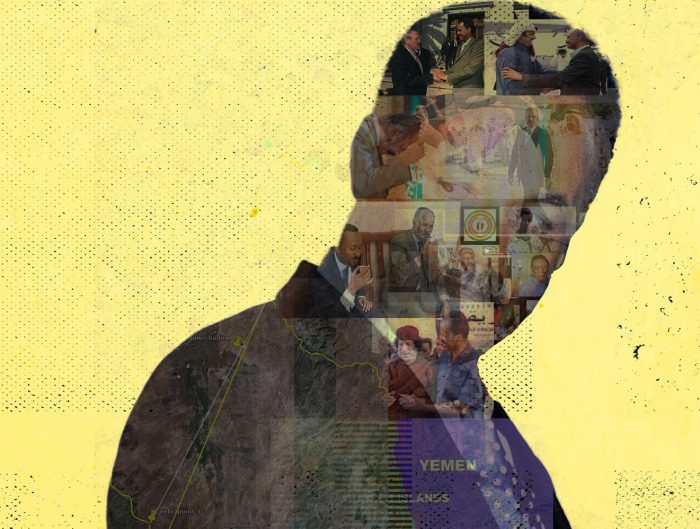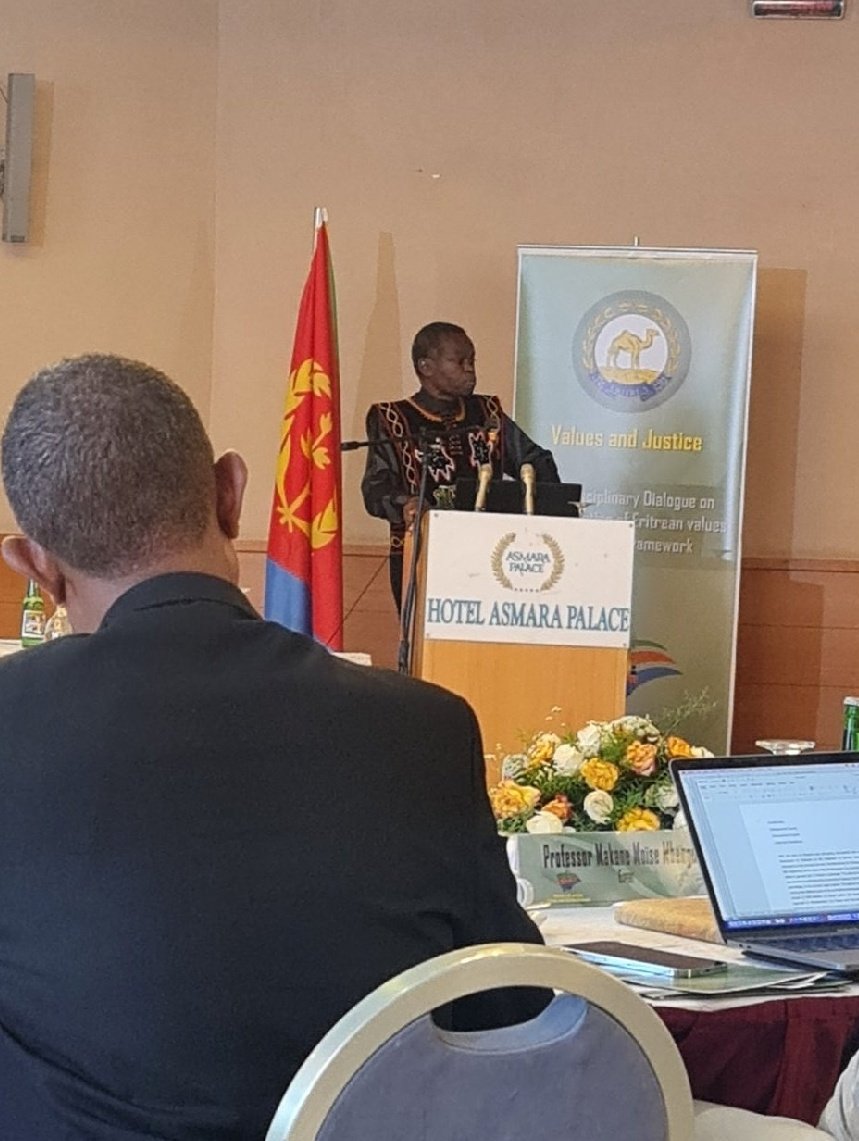Eritreans were given a deadline to surrender their old currency by end of January. Those who had amassed large sums–either via two-decades of savings or via get-rich-quick schemes–had a decision to make. They could take their chances with the arbitrary legal system and hope to get lucky and explain how it wasn’t ill-gotten, or, they could get rid of it and avoid questions. Many opted for the latter.
Those who surrendered their money were given new directions: that they could withdraw their money in small increments or, on a case-by-case basis (like weddings), ask for exceptions to withdraw larger sums. This would require itemizing the expenses in a ready-made form before the withdrawal would be approved. For any other transaction, the people were told that they would have to use bank-published checks.
At the time we are writing this, the second week of May, the Government (which owns all banks) is yet to print and avail checks. Without cash, and without checks, the people have been reduced to a barter economy. Unable to rely on the government, the people have created their own version of micro-financing: lending credit to one another on the basis of trust and friendship.
Moreover, with the collapse of the black market (which, of course, was actually run by the ruling party), the exchange rate of banks and the black market is now at parity: 1 USD = 15 Nkf at banks and 16 Nkf at the black market. While this has virtually eliminated the black market, the fixed rate has overvalued Nakfa, which has created additional hardship for the large percentage of the population which relies on Diaspora remittances.
Despite all the maneuvers, inflation continues unabated: housing is still unaffordable; electricity, and water–when available–have seen no reduction in prices. Meat (sheep, goats, cows) are still beyond the budget of most Eritreans. The only exception is the price of perishable items such as tomatoes whose sellers have to accept sales at any price.
[tweetthis] Eritrea’s Economy Moves From Coupon to You Owe Me [/tweetthis]




Leave A Reply